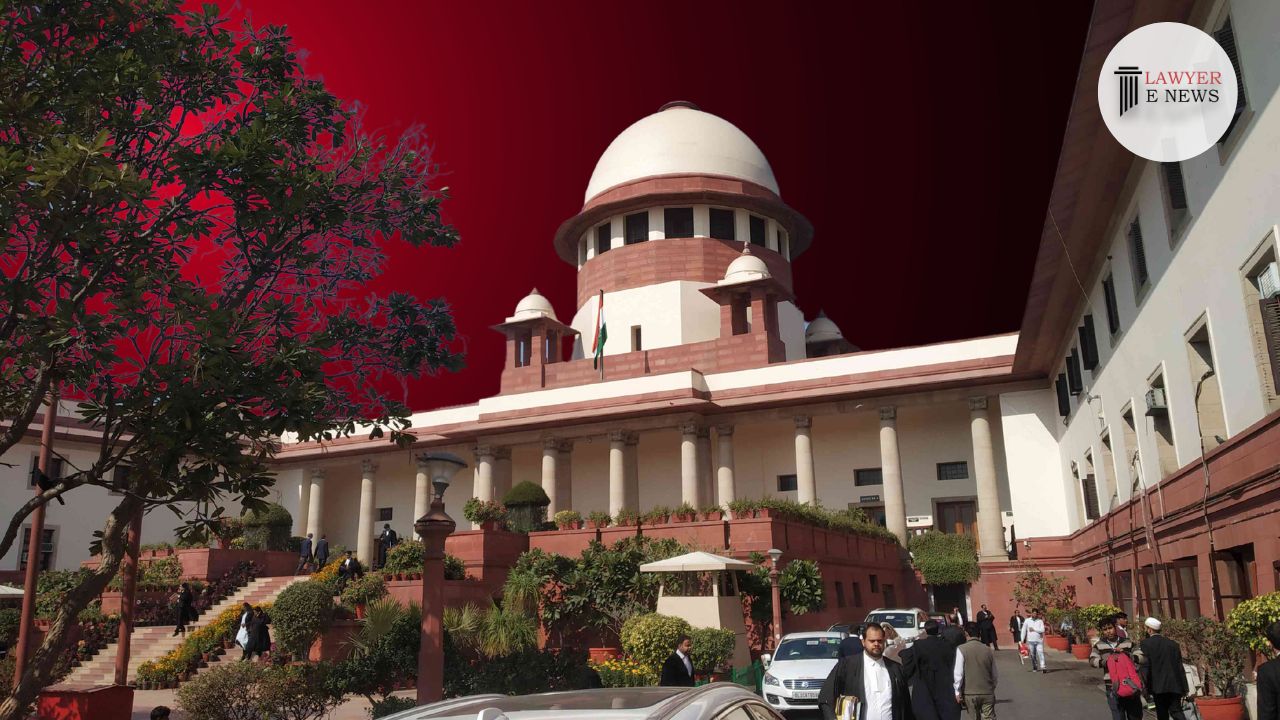-
by sayum
14 February 2026 2:22 PM



The Supreme Court affirmed the High Court’s decision to convict the accused for gang rape under Section 376(2)(g) IPC, despite the absence of corroborative injuries on the prosecutrix, stating that lack of physical injuries does not imply consent. The court also upheld the High Court’s discretion to impose a lenient sentence of three years' rigorous imprisonment due to the considerable passage of time and the accused's age and family responsibilities.
Facts and Issues: The case involved appeals arising from the conviction of Raghubir Singh and others for gang rape. Initially, the trial court acquitted the accused due to lack of corroborative evidence and potential consensual sexual intercourse. The High Court, upon appeal, ordered a retrial, resulting in the conviction of the accused based on the prosecutrix’s consistent testimony and lack of consent.
Court's Assessment: Prosecutrix's Testimony: The High Court found the prosecutrix's testimony credible and consistent. Despite no physical injuries, her account of forced sexual intercourse by multiple accused was deemed reliable.
Supreme Court emphasized, "The absence of injuries on the person of the prosecutrix is by itself no ground to infer consent on the part of the prosecutrix."
The defense claimed consensual sexual intercourse and a history of the prosecutrix charging money for sexual relations. However, this was not corroborated during cross-examination.
Supreme Court noted, "The case made out by the accused in their statements under Section 313 Cr.PC was not put to the prosecutrix."
High Court's Judgment: The High Court, on evaluating the evidence, concluded the guilt of the accused was established beyond reasonable doubt.
Supreme Court upheld, "The High Court's conclusion was the only possible conclusion based on the evidence on record."
Sentencing Leniency: The High Court imposed a sentence of three years' rigorous imprisonment, less than the statutory minimum of ten years, considering the incident occurred in 1989, the accused's ages, and their family responsibilities.
Supreme Court upheld, "There were adequate reasons which warranted the exercise of powers under the proviso to Section 376(2) IPC as it existed before the 2013 amendment."
Decision: The Supreme Court dismissed the appeals, confirming the High Court's judgment and sentencing. Vijay Kumar, who was on bail, was granted one month to surrender to serve the remaining sentence.
Date of Decision: May 15, 2024
State of Himachal Pradesh vs. Raghubir Singh & Ors.
